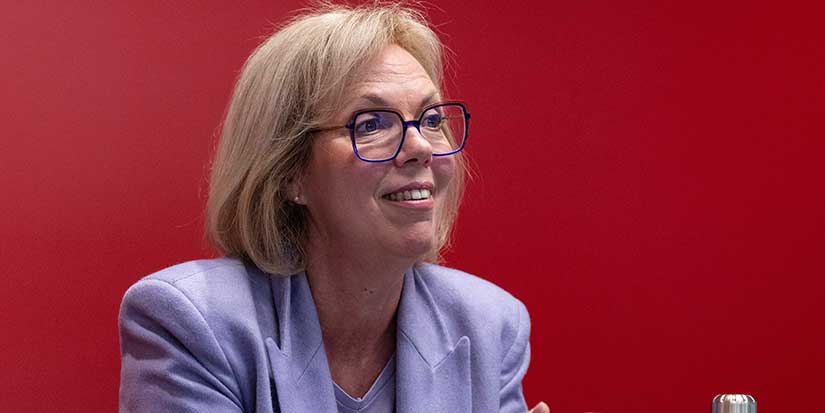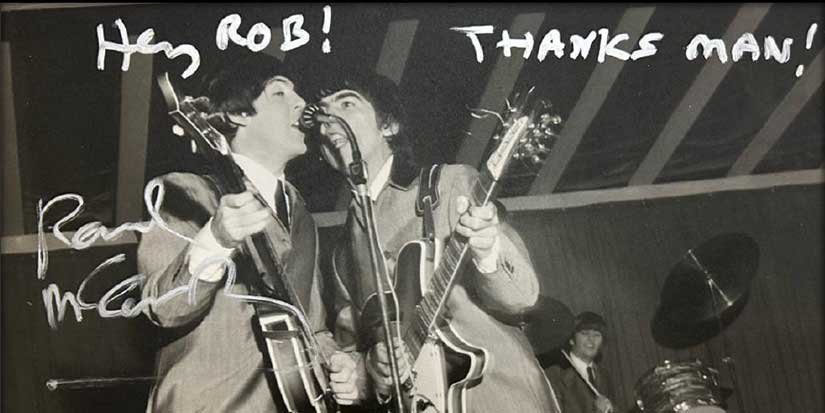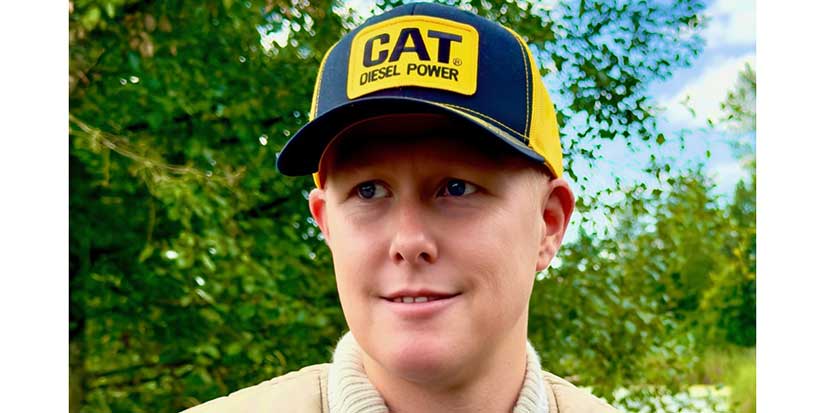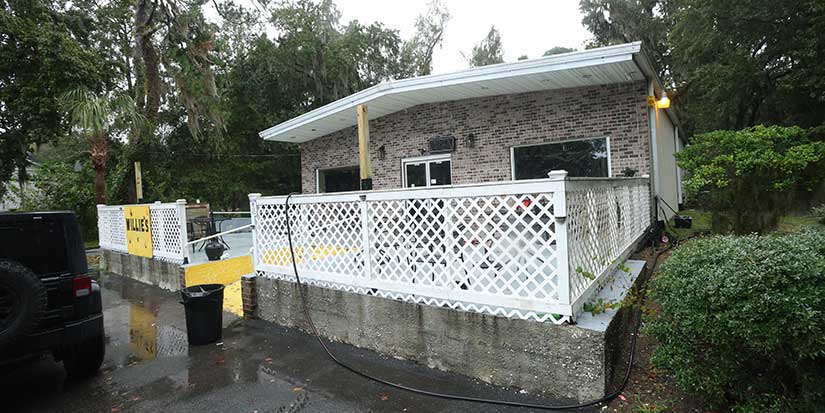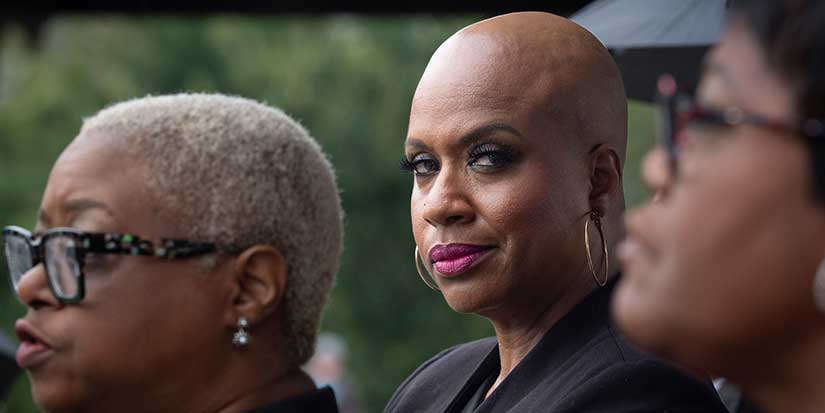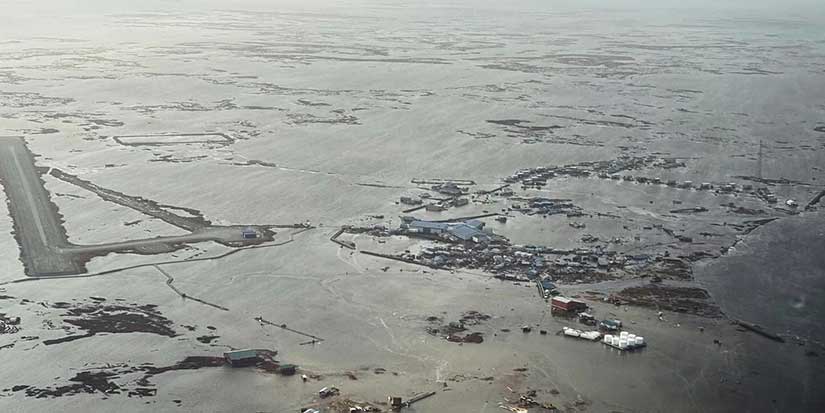National News
CBC reaching out to rural, Western Canadians as part of plan to build audience
Published 11:03 PDT, Wed October 15, 2025
Last Updated: 2:27 PDT, Wed October 15, 2025
—
The head of CBC/Radio-Canada says the public broadcaster’s plan to reach out to "dissatisfied" audiences means a new focus on rural areas and Western Canada.
In a five-year plan released Tuesday, CBC/Radio-Canada said it will work to connect with children and youth, newcomers to Canada and those who aren’t satisfied with or don’t use its services.
"We've identified various groups that are less likely to be in contact with us today through our traditional and digital platforms," CBC president Marie-Philippe Bouchard told The Canadian Press in an interview.
"The strategy aims at creating content and also opportunity for them to discover us and to consume Canadian content."
Those dissatisfied users tend to live in rural areas or in Western Canada, Bouchard said, citing Alberta and Saskatchewan.
"These are all factors that may add up, one to the other. That creates a context where they feel maybe that there's less content or no content that reflects what their preoccupations are, or what their values are," she said.
When asked whether that means the plan is to reach out to Conservative supporters, Bouchard said there may be some overlap between those demographics but it’s not something she considers a factor.
Conservative Leader Pierre Poilievre has vowed to defund the CBC if his party forms government — a promise that has drawn cheers at his rallies.
Bouchard also presented the public broadcaster as a way to guard against disinformation at a time when many people are turning to AI chatbots that may not be offering accurate information.
"We also have a role to play with other media actors and other actors of the journalism world in Canada to reinforce the capacity of Canadians to determine what's true and what's not true and what's reliable and what's not reliable," she said.
She said that includes deploying more of its existing tools, such as fact-checking, and "debunking some myths that are being propagated by various means that algorithms tend to reinforce."
Bouchard said CBC can also collaborate with other media outlets and schools, and do more on-the-ground reporting.
She noted the emergence of AI-generated summaries that now top many Google search results — summaries she said are "not always accurate."
"They also have a very detrimental effect (in) that people do not click on reliable sources of information and that deprives those sources of information of revenue," Bouchard said.
"So there's sort of a circle that is circumventing the means for Canadians to be informed by reputable or even by working journalists."
But that doesn't mean CBC will be sticking only to its own platforms. Bouchard pointed to the online dominance of YouTube and said that if CBC content is not on the platform, some people may never come across it.
– Anja Karadeglija, The Canadian Press
